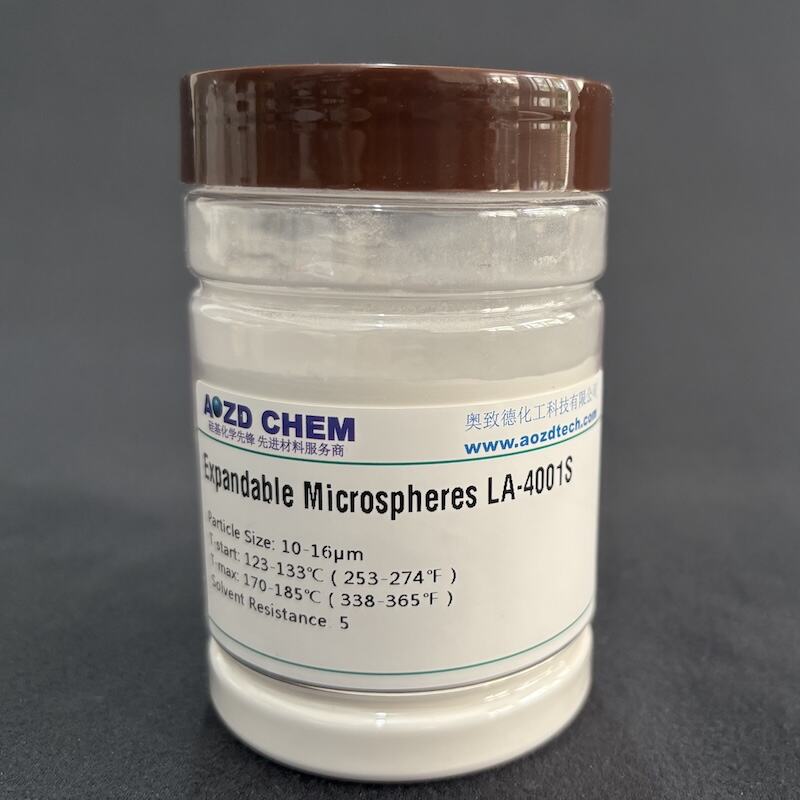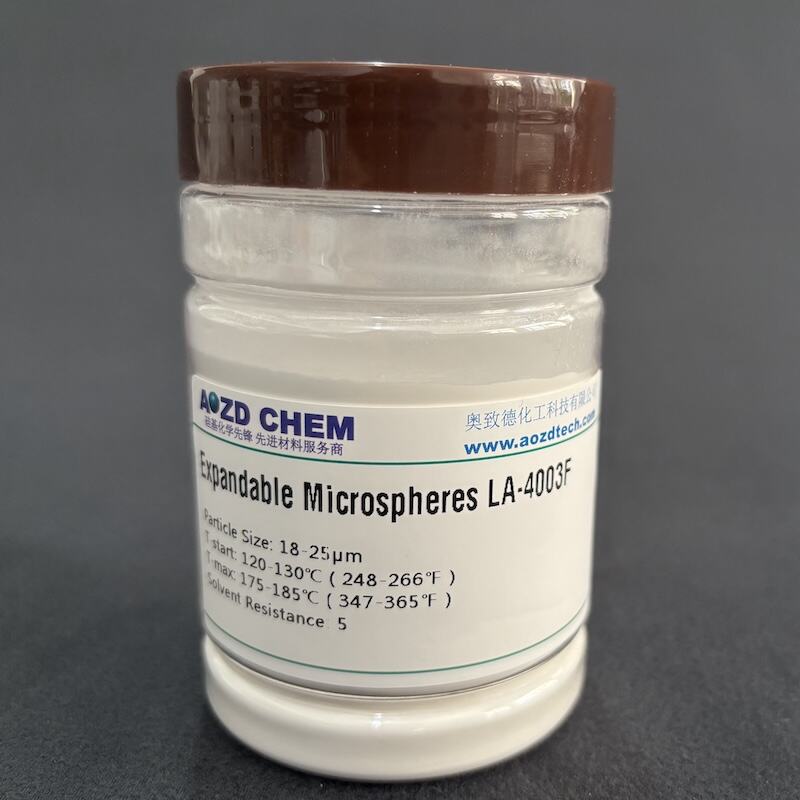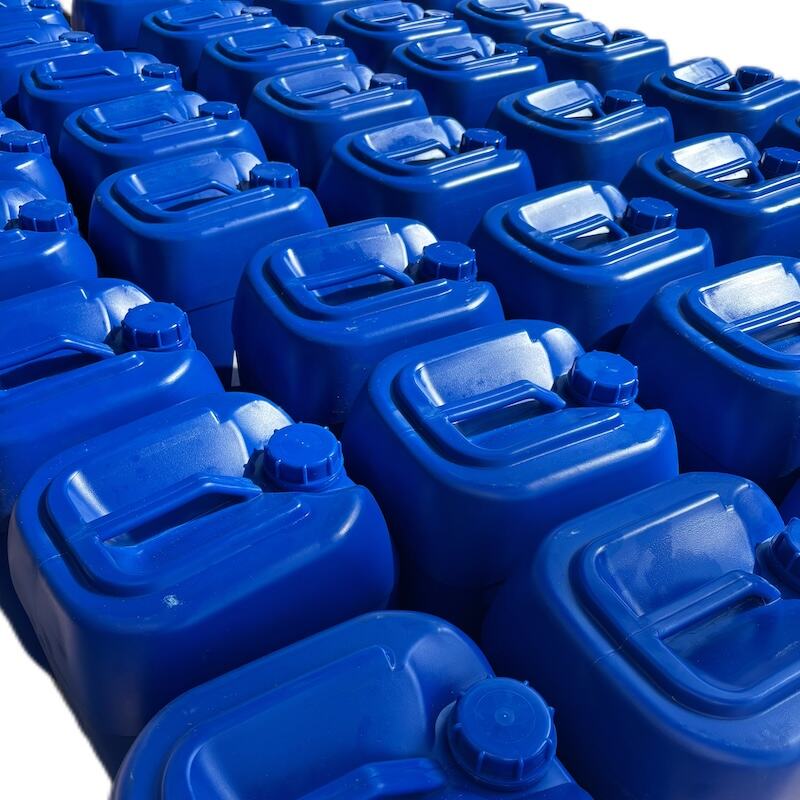nontoxic leather additives
Nontoxic leather additives represent a revolutionary advancement in leather processing technology, offering sustainable and environmentally responsible solutions for leather manufacturing. These innovative compounds are specifically engineered to enhance leather quality while maintaining strict safety standards for both workers and end users. The additives encompass a range of products including tanning agents, finishing chemicals, and protective coatings that are free from harmful substances such as heavy metals, formaldehyde, and volatile organic compounds. These additives serve multiple functions in leather processing, from improving the leather's durability and flexibility to enhancing its aesthetic appeal and weather resistance. The technology behind these additives utilizes bio-based materials and environmentally friendly compounds that achieve superior results without compromising safety. They are compatible with various types of leather, from full-grain to split leather, and can be integrated seamlessly into existing manufacturing processes. The applications extend across multiple industries, including automotive upholstery, fashion accessories, furniture manufacturing, and footwear production. These additives comply with international safety standards and regulations, including REACH and other environmental protection protocols, making them suitable for global market requirements.







